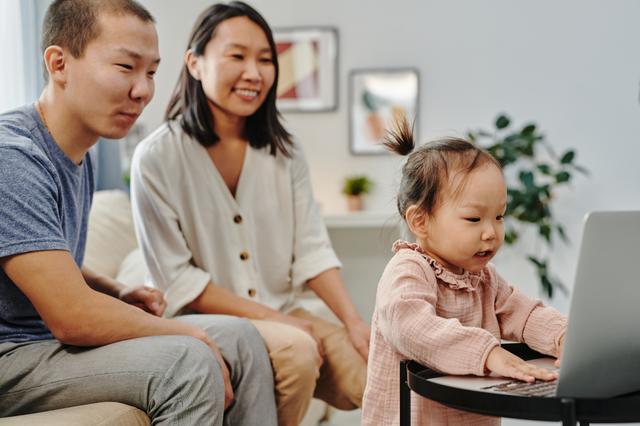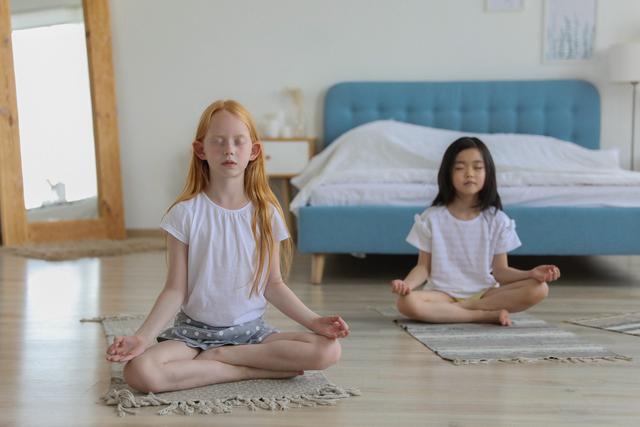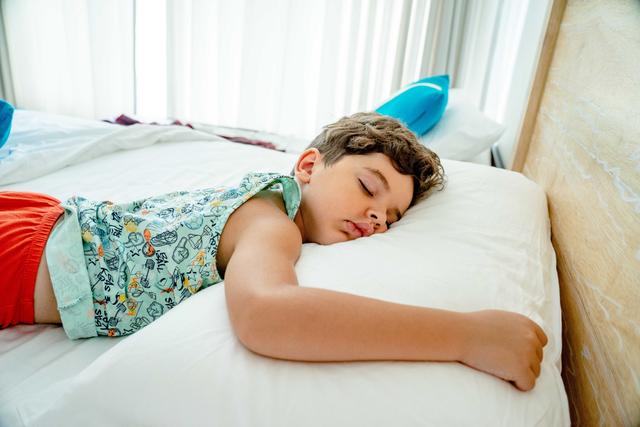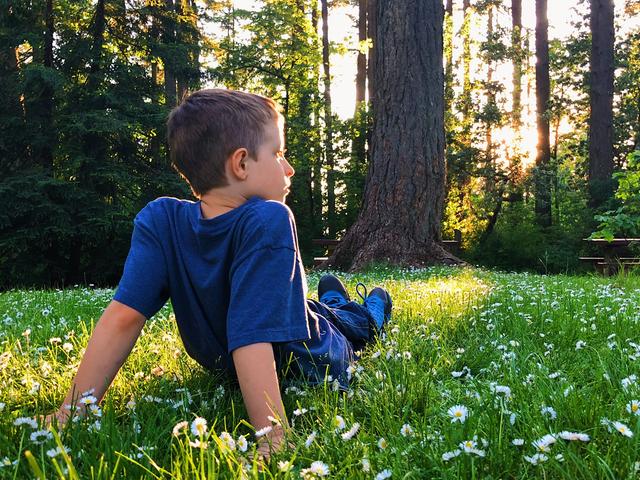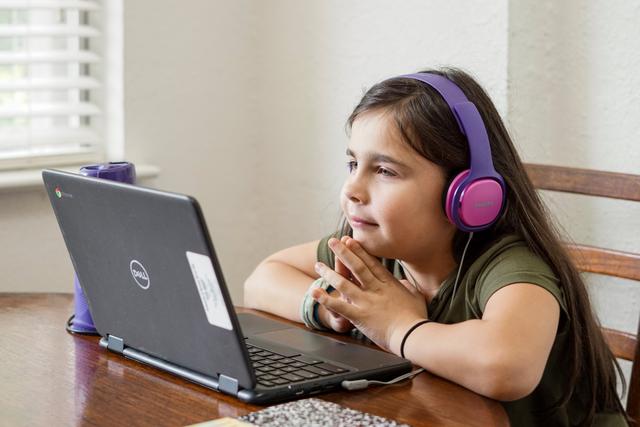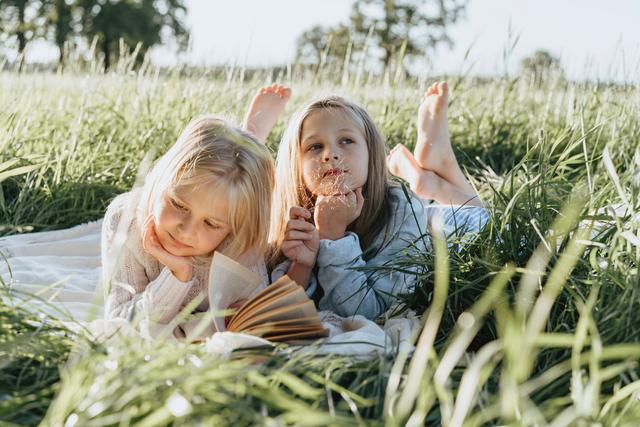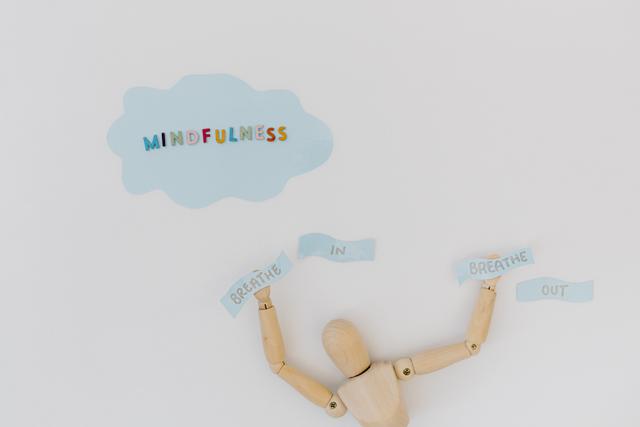Mindfulness Articles
Mindfulness For Kids In The UK
Mindfulness in the UK has woven its way through various sectors, particularly influencing educational methods and children’s daily routines since its more pronounced introduction in the late 20th century. Originally inspired by Eastern traditions, this practice of anchoring one's awareness in the now has been tailored to suit the modern British context, fostering an environment where children are taught to engage with the present moment attentively and without judgment.
The journey of mindfulness into mainstream British consciousness began tentatively in the 1970s but gained significant momentum by the late 1990s and early 2000s. This period saw a rise in mindfulness-based programmes that catered specifically to various demographics, including young children. The establishment of the Mindfulness All-Party Parliamentary Group in 2010 marked a pivotal turn, underscoring a national endorsement and the readiness to integrate mindfulness into public sectors like health and education.
Across the UK, from bustling cities to serene countryside, mindfulness has found its place in school curriculums and extracurricular activities. Educational institutions have played a crucial role, adopting practices that encourage children to develop a mindful approach to their environment and daily interactions. This integration into schools not only supports academic engagement but also cultivates a foundation of mindful living that children can carry into adulthood.
The landscape of mindfulness for kids in the UK today is rich and varied. Numerous organisations and programmes have sprung up to support this growing interest, providing resources and training that make mindfulness accessible to children of all ages. These initiatives are complemented by an array of digital platforms that offer interactive mindfulness exercises tailored for the younger audience, making practice both engaging and easily accessible.
Mindfulness for children in the UK is more than a mere trend; it represents a transformative shift towards creating more aware, focused, and emotionally intelligent future generations. As this practice continues to evolve and adapt, it holds the promise of significantly influencing the way children grow, learn, and interact with their world.
The Benefits of Mindfulness
Mindfulness for children offers significant health benefits, pivotal for their holistic development. By practising mindfulness, kids can notably improve their focus and concentration. This heightened ability to sustain attention not only aids in academic success but also enhances behavioural management, fostering a supportive learning environment. Additionally, mindfulness serves as a vital tool in stress and anxiety management. Young individuals learn to recognise their emotional states and respond to them constructively, thus promoting mental resilience and well-being.
Further, mindfulness cultivates emotional intelligence in kids. An increased awareness and understanding of their own emotions, as well as those of others, strengthens their social interactions and relationship-building capabilities. Sleep quality, a critical aspect of a child’s health, also sees improvement through regular mindfulness exercises like meditation, contributing to overall physical health and daily performance.
Moreover, engagement in mindfulness practices has been associated with a stronger immune system in children. This enhancement results in reduced illness frequency and severity, shielding them from common childhood ailments. Through such practices, children not only navigate their formative years with greater ease but also lay the groundwork for a healthier, more mindful adulthood.
FAQs
- What is mindfulness and why is it beneficial for children? Answer: Mindfulness is the practice of paying full attention to the present moment without judgment. It helps children in the UK by improving focus, reducing stress and anxiety, enhancing emotional intelligence, aiding better sleep, and boosting the immune system, making it an essential skill for their overall development and wellbeing.
- At what age can children start learning mindfulness? Answer: Children can begin learning mindfulness from as young as three years old. Starting mindfulness practices early helps in cultivating attention and awareness which are foundational skills beneficial throughout life.
- How can mindfulness be practiced at home or in school settings? Answer: Mindfulness can be practiced at home or school by incorporating simple activities like mindful breathing, listening exercises, or guided meditations. Both settings can provide a calm environment for children to learn and apply mindfulness techniques regularly.
- Are there professional courses or trainers available for teaching mindfulness to children? Answer: Yes, there are numerous professional courses and certified trainers across the UK dedicated to teaching mindfulness to children. Educational bodies and health organisations often provide sessions with trained mindfulness instructors to facilitate learning and practice among young students.
- What are some simple mindfulness exercises that parents can do with their children? Answer: Simple mindfulness exercises include focusing on breathing, taking mindful walks, using apps or audio for guided meditation, and practicing gratitude. These activities teach children to notice their environment and their internal experiences, fostering a natural development of mindfulness skills.
